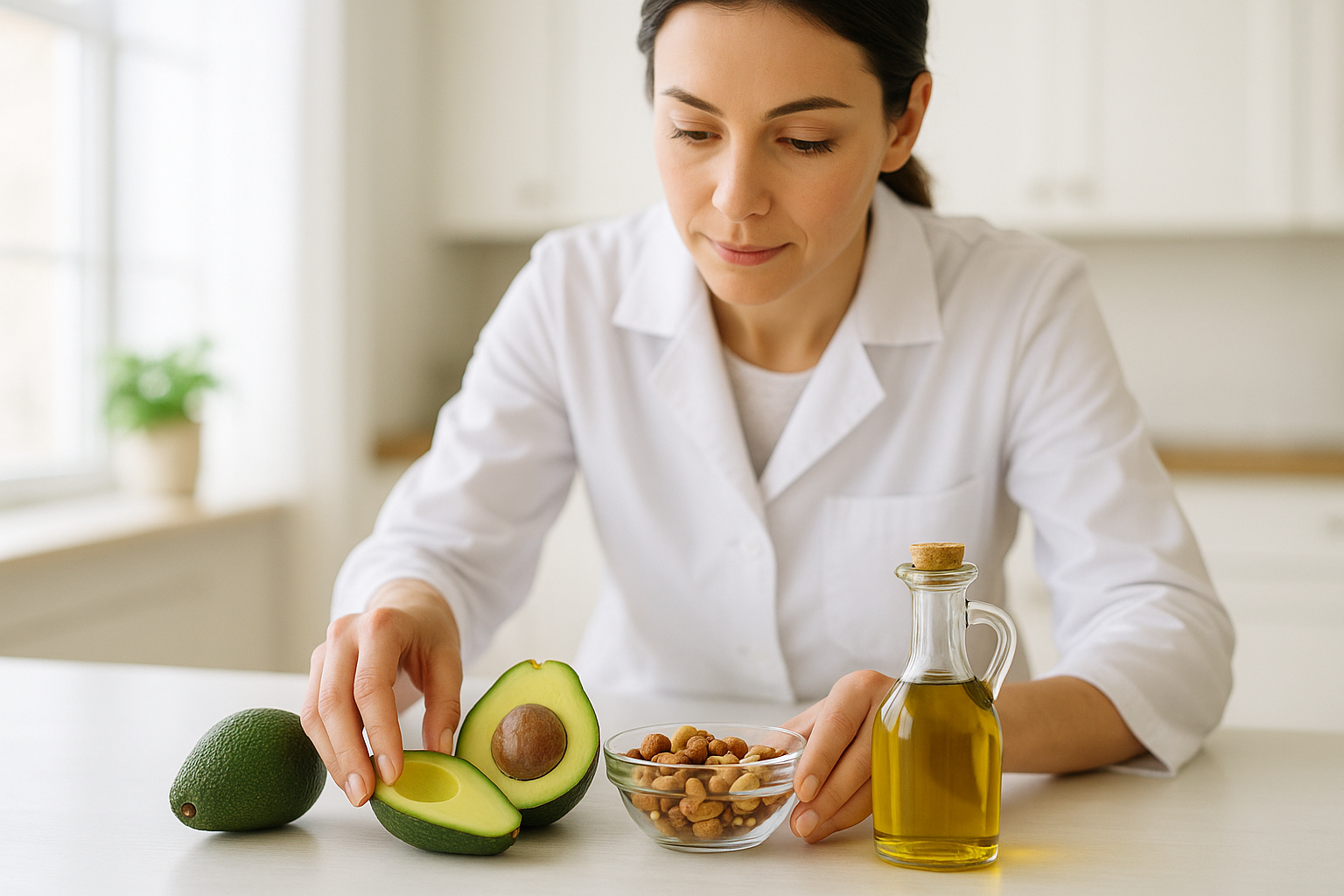Beyond Protein Powder: The Ultimate Guide to Plant-Based Nutrition
Essential Vitamins and Minerals from Plants

Transitioning to a plant-based diet requires awareness of essential vitamins and minerals that might be less readily available in plant sources. Vitamin B12, primarily found in animal products, is crucial for nerve function and red blood cell production. Plant-based eaters can obtain B12 through fortified foods or supplements. Iron, another critical nutrient, is abundant in plant foods like spinach, lentils, and tofu, though it is less bioavailable than the heme iron in meat. Consuming vitamin C-rich foods alongside iron-rich plants can enhance absorption. Calcium, vital for bone health, can be sourced from fortified plant milks, leafy greens, and almonds. Understanding these nutrient sources ensures a balanced and nutritionally complete plant-based diet.
The Importance of Healthy Fats

Healthy fats are integral to a balanced diet, playing a crucial role in brain health, hormone production, and nutrient absorption. Plant-based diets can be rich in healthy fats, particularly from sources like avocados, nuts, seeds, and olives. Omega-3 fatty acids, essential for heart and brain health, are found in flaxseeds, chia seeds, and walnuts. Unlike saturated fats found in animal products, these plant-based fats can help reduce inflammation and lower the risk of chronic diseases. By incorporating a variety of these healthy fat sources, individuals can ensure they receive the necessary fatty acids for optimal health while adhering to a plant-based lifestyle.
